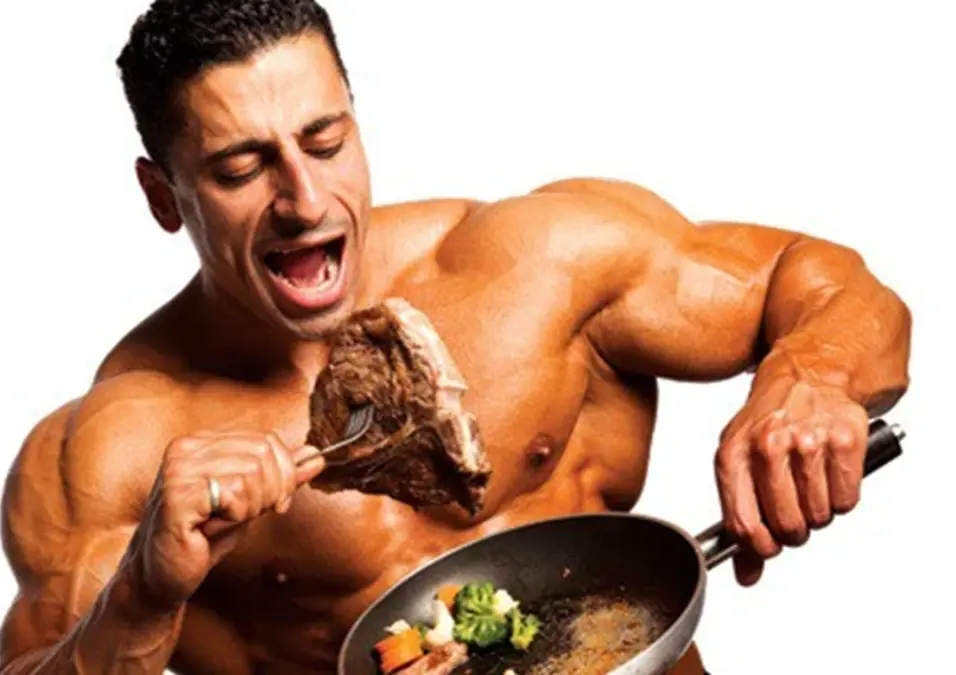Protein intake for muscle gain

SIGN UP FOR YOUR FREE DAY PASS TODAY!
There is rarely anything simple about nutrition. This is because your ideal nutrition intake is heavily reliant on myriad variables, such as body composition, activity levels, personal goals, body type, health, genetic inheritance… the list goes on. Search for a 'gym near me' to get started on your muscle building, fitness journey!
However, we can at least try to keep a few things simple. Protein requirement for muscle gain is one of those things. Though you will need to employ a bit of trial and error to get the exact number right, we can easily put you into something of an accurate ballpark.
Most relevant bodies suggest 1.2–2.0g/kg of bodyweight to optimize recovery from training and to promote the growth and maintenance of lean mass when caloric intake is sufficient. Some suggest it’s higher, with some ranges going up to more like 2.4kg. If you’re more physically active, or are in any way training for maximum growth, you will want to be at the higher end of this, whilst a more sedentary lifestyle will see you at the lower end. However, this is the range we’re looking at.
Want more? View the Top 20 High-Protein Foods.
If you are in hard training- or, at least, what you consider or perceive to be hard training- then you should aim straight for the top end of the range. If you find yourself putting on excess body fat after a few weeks (4-6 weeks should give you a good idea) then you know you’re taking in too much. Drop it down a little. If you find yourself staying relatively lean whilst increasing strength and muscle size, you know you’ve got it right.
Conversely, if you go too low and you’re struggling to build muscle and get stronger, you will likely need to up your intake.
Resistance training and protein
Hypertrophy
You need to put in some form of resistance training- such as lifting weights, performing calisthenics or going swimming- in order to build muscle. If you eat plenty of protein but don’t provide this stimulus, you won’t elicit hypertrophy, and will likely put on fat instead.
The recipe for success in building muscle, then, is super-simple.
Perform enough resistance training to bring about adaptation and hypertrophy. Combine this with anything from 1.2-2.4g/kg of protein (probably nearing the higher end) and you will grow bigger and stronger. You will likely also need a slight caloric surplus (anything from 300-800 calories per day above maintenance should do it) in order to build strength.
Your body does have a maximum intake capacity for protein. A daily intake of 4g/kg won’t get you anywhere- in fact, you will just build more fat from the excess protein portions.
Maintenance and slimming
If you’re going into a caloric deficit to promote body fat loss, it’s still vital to get your protein in sufficient quantities, as laid out above. If you cut protein along with total calories, you’ll experience atrophy- muscle wastage. Instead, try cutting calories predominantly from carbs.
In fact, a high protein intake can actually aid you in losing body fat. Additionally, the extra muscle that protein builds will be metabolically demanding, helping you to burn through more fat.
Remember, though, that protein intake is based on total body weight. As your body weight falls through your cut, you will need to drop total protein intake in line with this.














































































